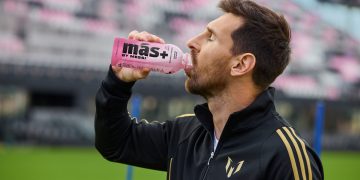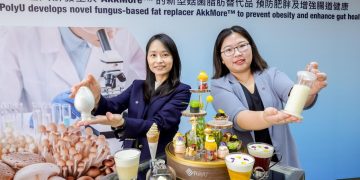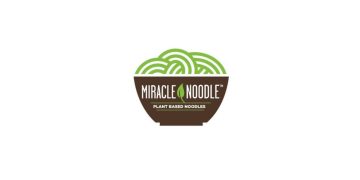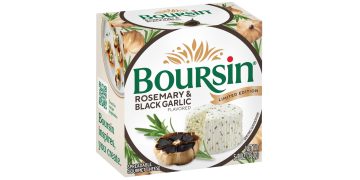Made from renewable, FSC-certified paper, the highly decorative butter wrap is aluminium-free and covered in highly advanced, ultra-thin natural coatings, which have excellent oxygen and water vapour barrier properties compared to standard paper, as well as superior grease resistance.
“Most butter wraps in the UK market are made of parchment paper or a grease-resistant paper which is commonly made into composite laminates with aluminum and polyethylene,” explained Wipak UK’s Technical Development Manager, Keith Gater. “Although made from renewable resources, coated parchment papers do not promote a circular economy as they’re not easily recyclable.
“Unlike existing butter wraps on the market which are complex material structures, our consumer-friendly paper solution is fully recyclable within the kerbside paper and cardboard waste stream once it has been cleaned. What’s more, it maintains the look and feel of a traditional butter wrap, can be fully printed with brand imagery, and runs on existing butter wrap machinery.”
Having successfully passed shelf-life trials following packing on automated wrapping lines, Wipak UK’s recyclable butter wrap has also scored an A+ rating in recycling tests2 carried out by the BioComposites Centre at Bangor University. “This classification is the highest possible score that can be achieved for paper recycling efficiency, whereby the pulp recovery must be a minimum of 98.5%,” continued Keith. “Our wrap is also compliant with UK-set guidelines for claiming paper recyclability, which require a minimum paper content of 85%.” The butter wrap format is one of several exciting new product development projects developed using Wipak UK’s state-of-the-art combi laminator – part of a recent £5million+ machinery upgrade to significantly enhance the packaging supplier’s sustainable product offering. This significant investment is helping Wipak UK move closer to its goal of reducing its company carbon footprint and achieving carbon neutrality by 2025.
“With growing pressure from consumers, brands and retailers need to take decisive action with disruptive sustainable packaging solutions that challenge traditional methods,” said Keith. “Solutions like Wipak UK’s butter wrap will not only have significant environmental benefits, but will help to keep brands relevant in an increasingly competitive market.”
Notes:
(1) Carbon footprint reduction of 68% versus an aluminium/ low-density polyethylene (LDPE) /paper laminate
(2) CEPI’s recyclability laboratory test method (version 1)




















